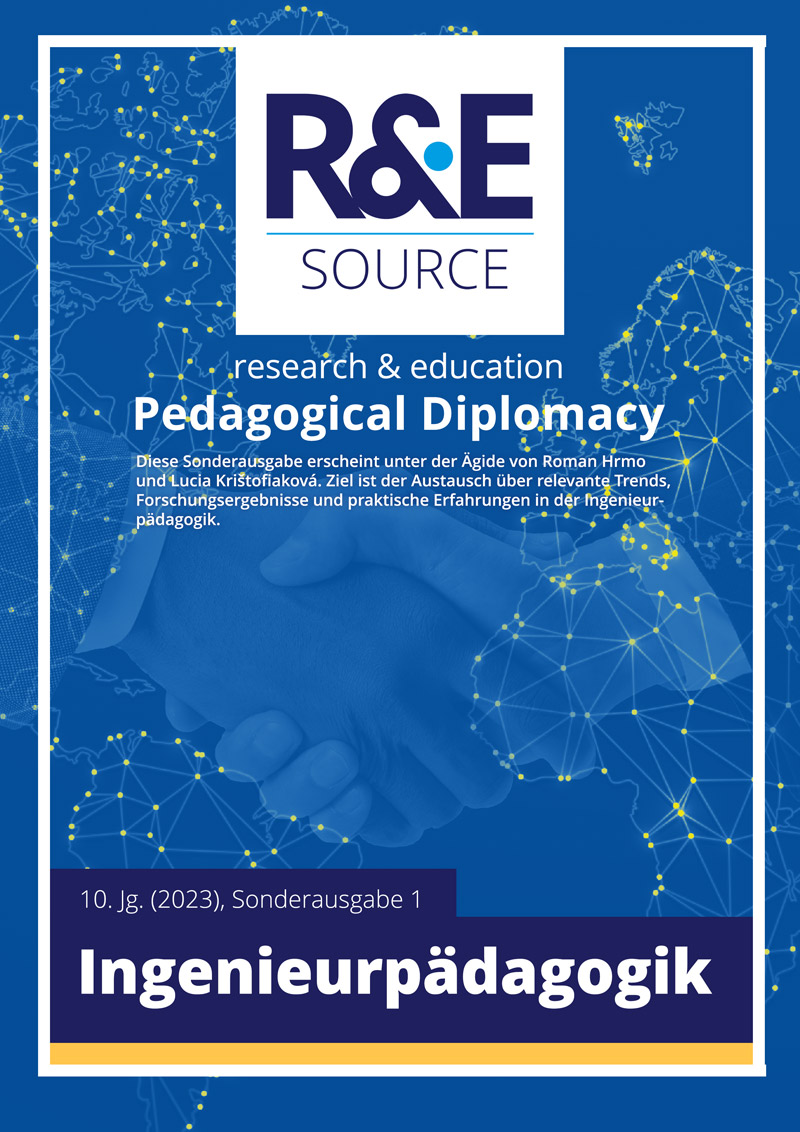Abstract
The article deals with distance education through information and communication technologies, which has many advantages compared to traditional forms of education but also disadvantages. On the one hand, it allows to rationalise the work of teachers, helps to break down stereotyped activities, and makes it possible to interest and activate students. Still, on the other hand, not enough attention is paid to addressing psychological, sociological, and pedagogical problems. Flexibility and convenience can be included among the positives, i.e., learning for students at times that suit them best and in environments that stimulate them or where they feel comfortable.

Dieses Werk steht unter der Lizenz Creative Commons Namensnennung - Nicht-kommerziell - Keine Bearbeitungen 4.0 International.
Copyright (c) 2023 Ján Hargaš, Darina Matisková, Hargaš Branislav

